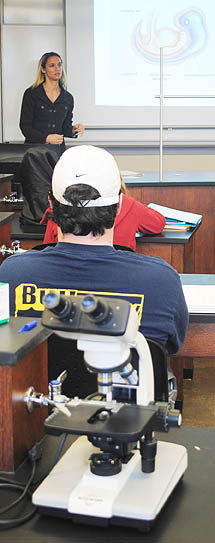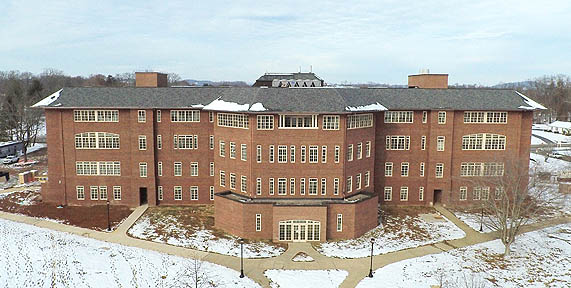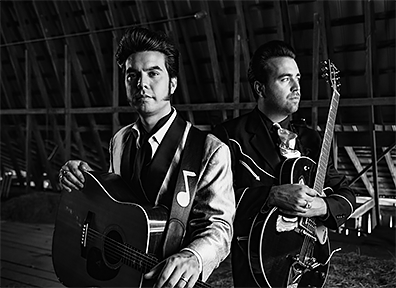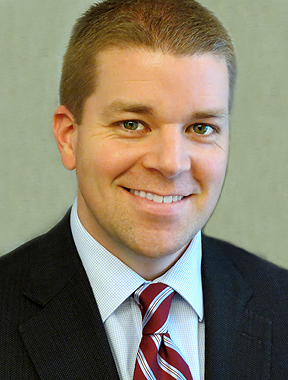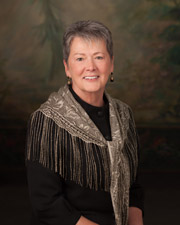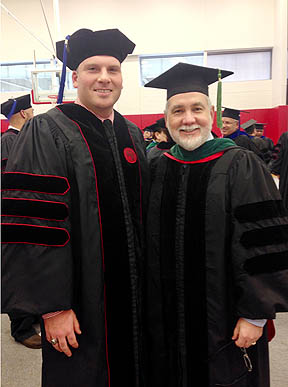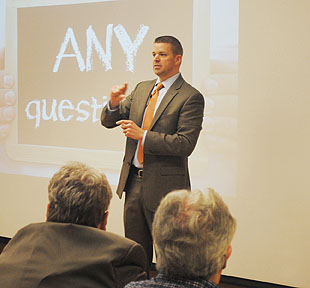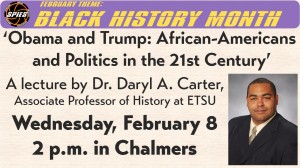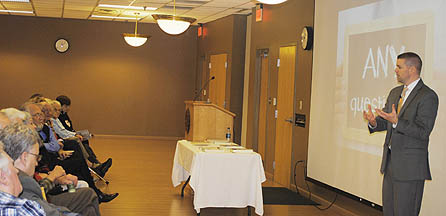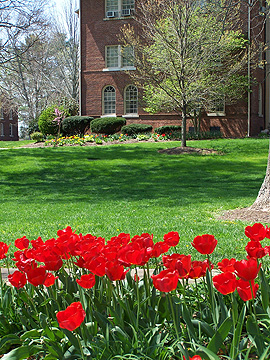
While spring is around the corner, registration for the fall 2017 semester is coming soon for the traditional program.
While students are enjoying spring break this week, they will find themselves busy once they return to campus with not just classes but some important events in the coming weeks.
Advising and registration for the fall 2017 semester in the traditional program will begin later this month. Registration for juniors and seniors is scheduled for the week of March 20-24. The following week, March 27-31, will be registration for freshmen and sophomores.
In February, students were encouraged to participate in “The Registration Games,” a process that allowed them to check with the Business Office, Office of Financial Aid and the Registrar to make sure that they are ready to register for classes once registration begins. Students who participated in the “Registration Games” on Feb. 7 and 8 will received priority housing consideration. Those who completed the process after Feb. 8 will receive housing consideration on a first-come first-serve basis.
As part of the registration process, students are strongly encouraged to meet with their academic advisors to create a class schedule as well as visit the Business Office to make sure their are no holds on their account prior to submitting their registration form to the Registrar’s Office.
Registration is just the first of series of significant events on campus in the coming months. In April, students will recognized for their academic achievements during the annual Honors Convocation, which will be on Wednesday, April 26.
Also on April 26, seniors will have the opportunity to participate in the Lantern Festival. This long-held Tusculum College tradition allows seniors to chose an underclassmen to whom to “pass their light of leadership.” Seniors are also able to present a Lantern Award to professors who have had a significant impact on their Pioneer experience at Tusculum.
Spring commencement ceremonies will be on Saturday, May 6.



